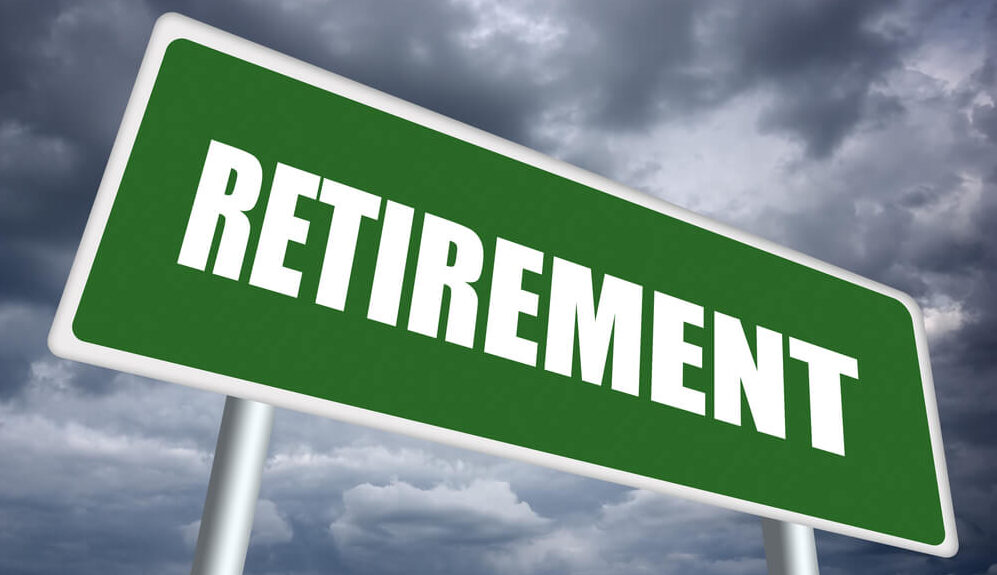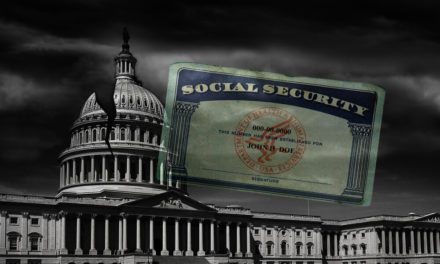There may be a disconnect between the economy and stock market right now, but it’s likely the U.S. (and world, really) are going to be in the gutter economically for an extended, unknown period of time. So how should you approach planning for retirement during a recession?
The coronavirus was an economic shock the world wasn’t expecting as it triggered an unprecedented wave of job loss and business closures that have many wondering what the U.S. will look like in the near future.
While there is some hope the economy will recover quickly, we can’t predict what will happen, so having a cautious approach to retirement planning during a recession is a good approach.
Being cautious doesn’t mean not taking any risk at all, by the way. The stock market has rallied hard from the March lows reached after the coronavirus crash in late February an into March. In fact, contributing more to your 401(k) right now if you can manage it is a great idea as stocks recover.
But having a plan to protect your nest egg as the economy gets back on its feet also is a great idea. What’s the point of building up savings for years if you are forced to dip into them just to make ends meet?
Planning for Retirement During a Recession
I just want to start by saying, if you need to dip into retirement funds to help make ends meet, you absolutely should. Paying the bills now is of utmost importance, and if your nest egg is the only option — go for it instead of putting it all on credit with interest you’ll have to pay back.
The CARES Act even has a provision that eliminates the 10% withdrawal penalty normally tacked onto early withdrawals from 401(k) and IRA accounts. Finding a different avenue to pay those expenses is your best option if you can, though.
If you are one of the unfortunate 30-plus million that have lost their jobs due to COVID-19, you can look into deferring payment for key expenses like your home or car while you get back on your feet.
One of the biggest arguments for not touching your retirement accounts, especially in a down market, is that you are creating “realized losses.” Your 401(k) may be down from those February highs right now, but those losses are only numbers on a screen or account statement until you actually withdraw what’s left.
Timing when to get back into those investments can be tricky, which means at least some of those losses are likely to become permanent. It also means all those funds aren’t in your account as the stock market recovers, which is happening at a breakneck pace right now.
Keep Contributing if You Can
If you are fortunate enough to still have your job, you should continue making retirement planning a top priority. Keep those contributions into your 401(k) going, and even up them if you are comfortable doing so.
Upping contributions during a down market means you’re getting stocks at a discount, and those stocks are likely to rise as the economy continues to reopen. Be smart about it, of course. I would stay away from funds that are weighted in sectors that are invested heavily in companies that may not recover, like some retailers.
Keeping contributions going means you are sticking to your retirement plan, too. If you stop putting money into those 401(k) and IRA accounts now, you risk having to make up for lost time down the road.
Planning for retirement during a recession isn’t an impossible feat and if you position yourself well, you may actually come out ahead when the economy returns to normal. If you aren’t in the best spot, try to create a plan that doesn’t touch your nest egg that you’ve worked so hard on.




